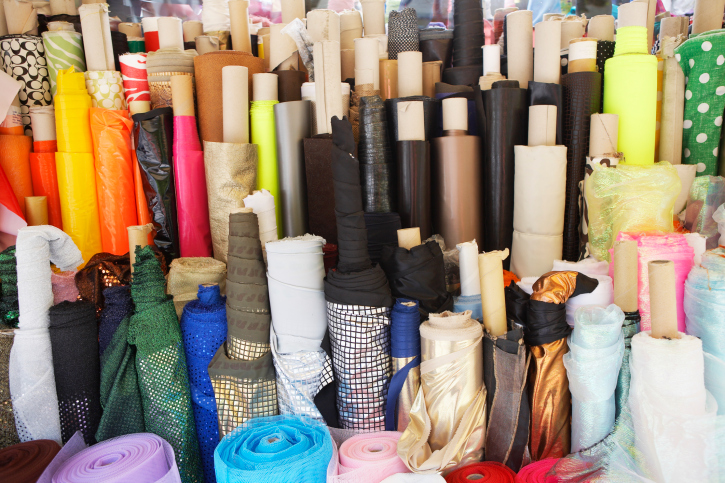Humans are sensory beings—we make instant judgments based on sound, sight. We know immediately whether our surroundings make us feel relaxed and comfortable, excited and energetic, or even a little intimidated. In a well designed room, the material you choose for your drapes can be a big part of that first impression.
Think back to rooms that have made you feel inexplicably happy. Your grandparents’ living room, maybe, or the kitchen of a favorite friend. What design elements there spoke to you of home and comfort? What cues told you that those spaces are friendly and safe? Drapery fabric is part of that sensory language.
In sensory as in spoken language, the message is yours to choose. Velvety fabrics speak of old fashioned opulence. Sheer fabric in loose drifts brings a more casual, almost bohemian atmosphere. Smooth cotton in primary colors hint at a childlike innocence and sense of play.
It’s also important to consider practical concerns. If your bedroom window is near a bright security light, heavier fabrics with a denser weave can help you get an undisturbed night’s sleep. Is the room large with high ceilings and a tendency to echo? Lush, textured fabrics in abundant layers can help baffle sound and keep your home from feeling like a museum.
Do you need fabrics that are convenient to spot clean or easy to dust? A dirt resistant, less textured material may be a lifesaver when spring cleaning time rolls around. Whether it’s because your dream home is at the end of a long, peaceful dirt road or because your toddler likes to touch everything within reach, life often comes with stains.
Let a drapery specialist help you select the best fabric for the look, feel, and day to day uses of your space. You’ll be amazed at the difference the right fabric makes.




